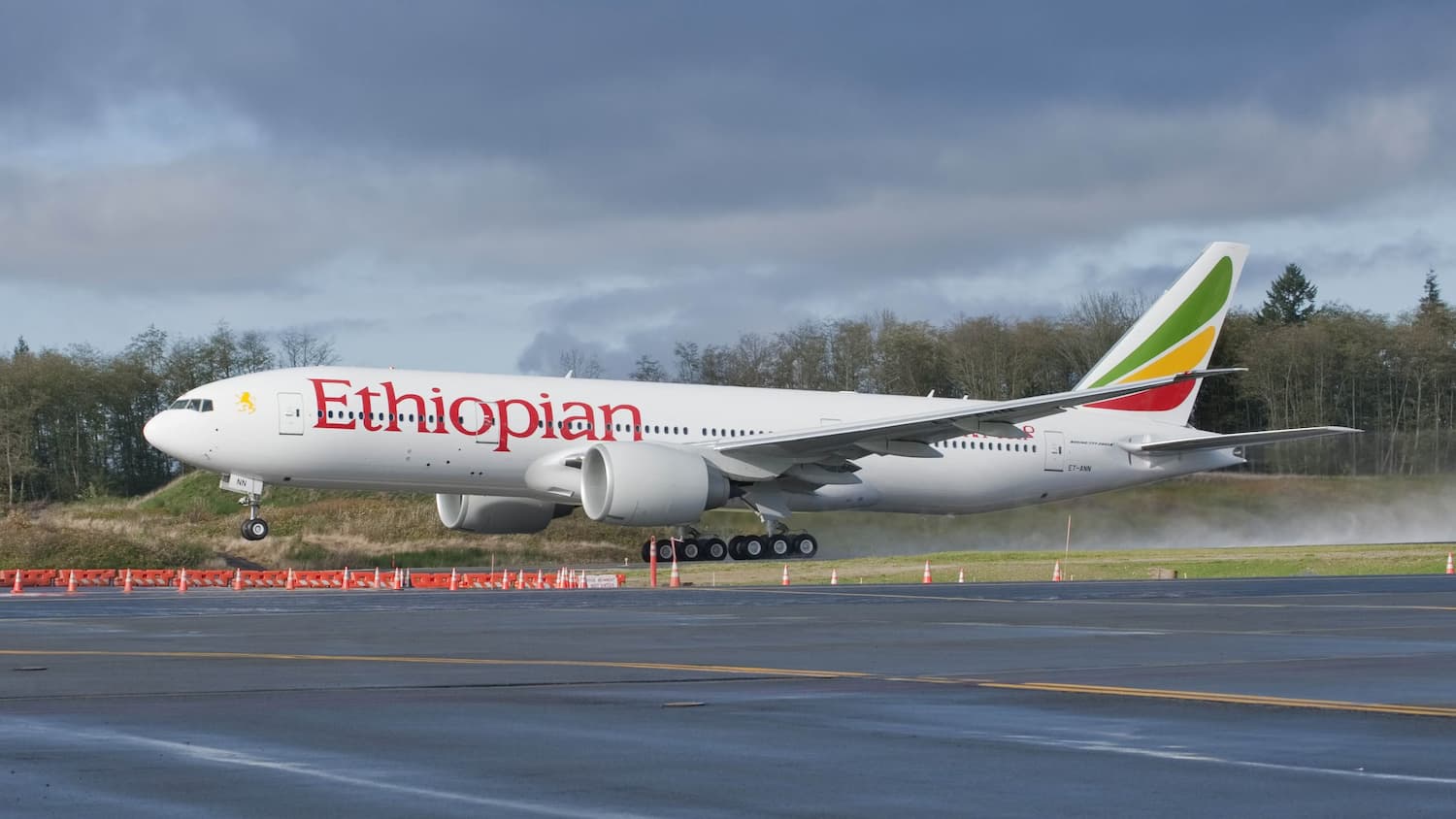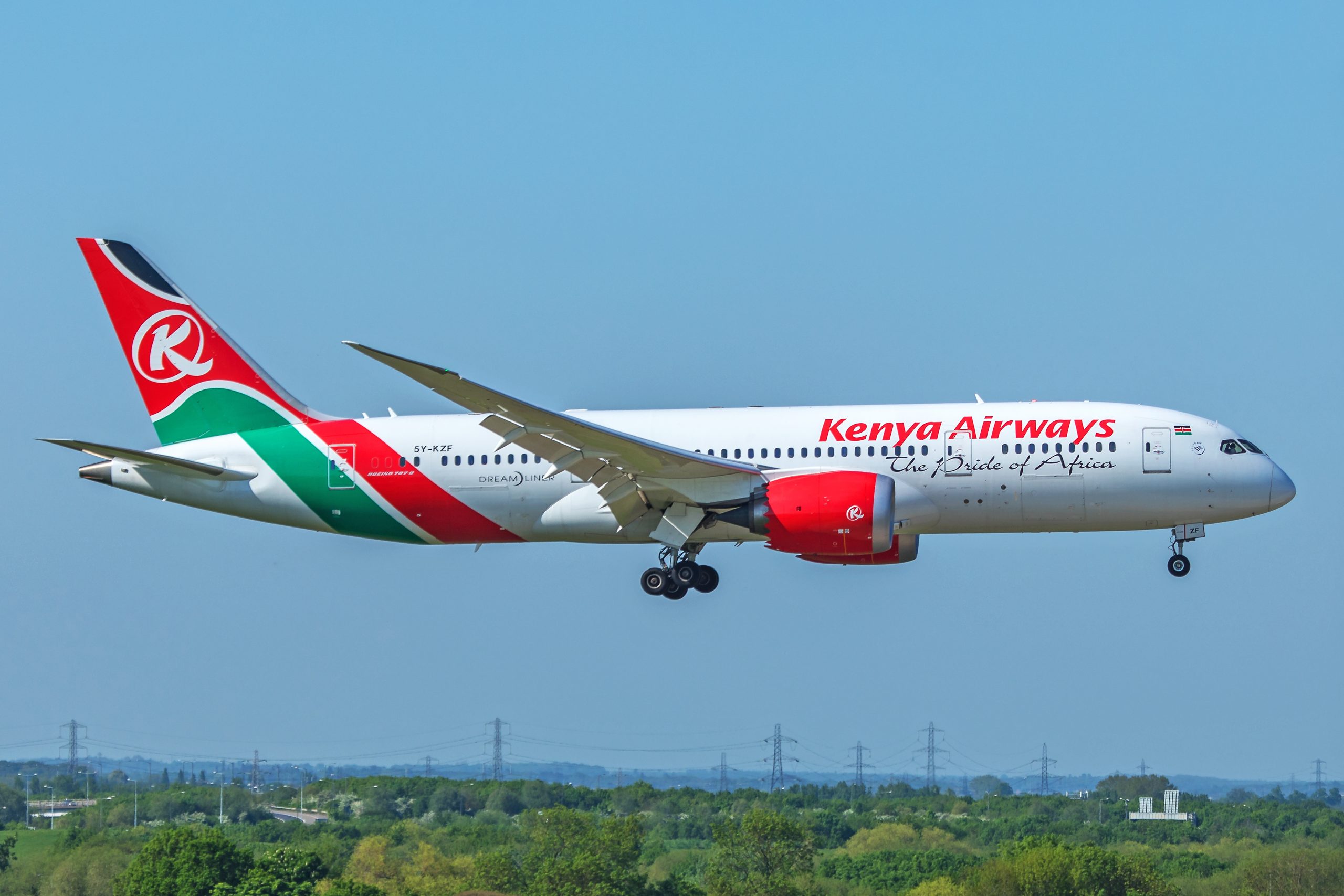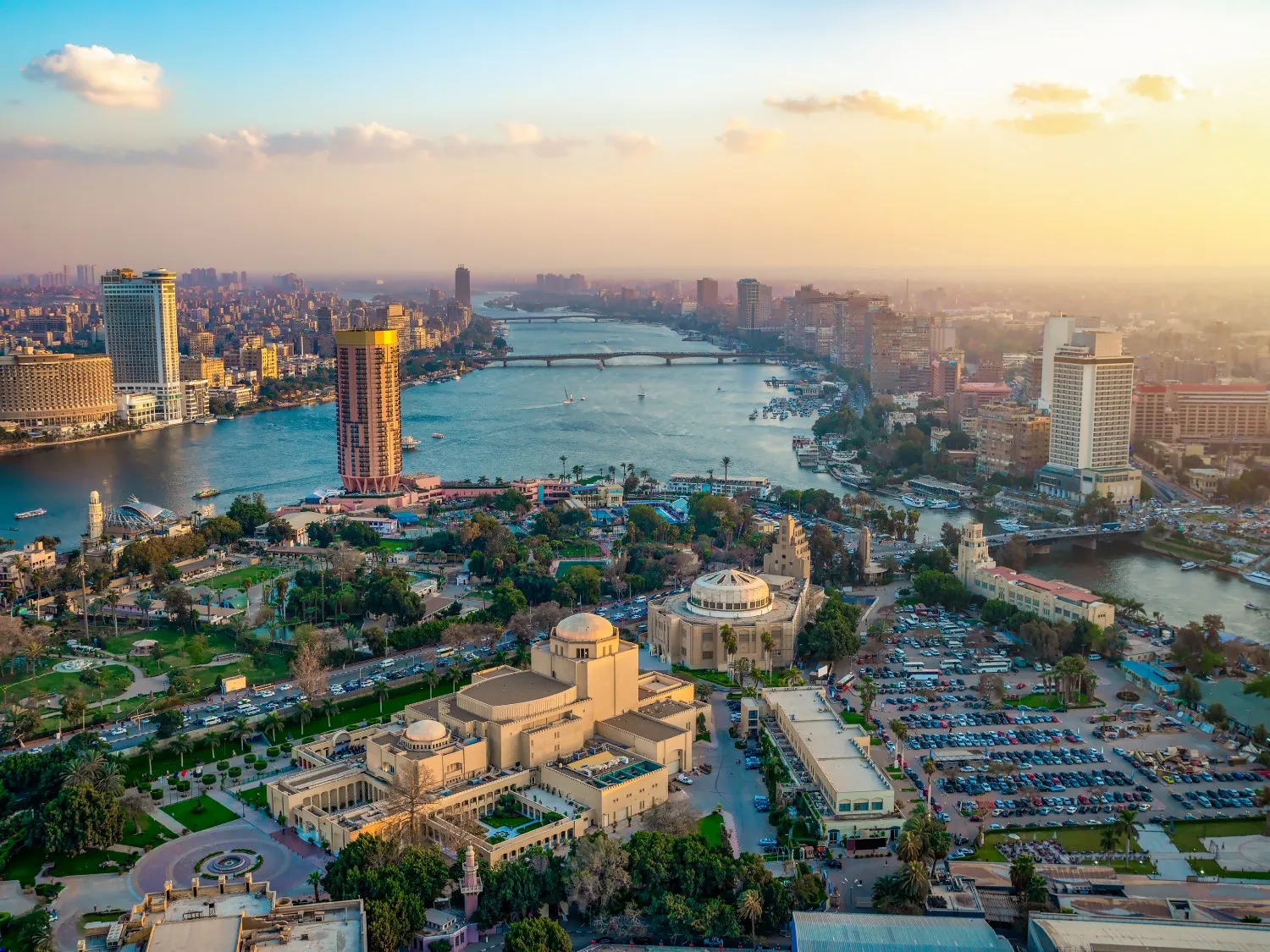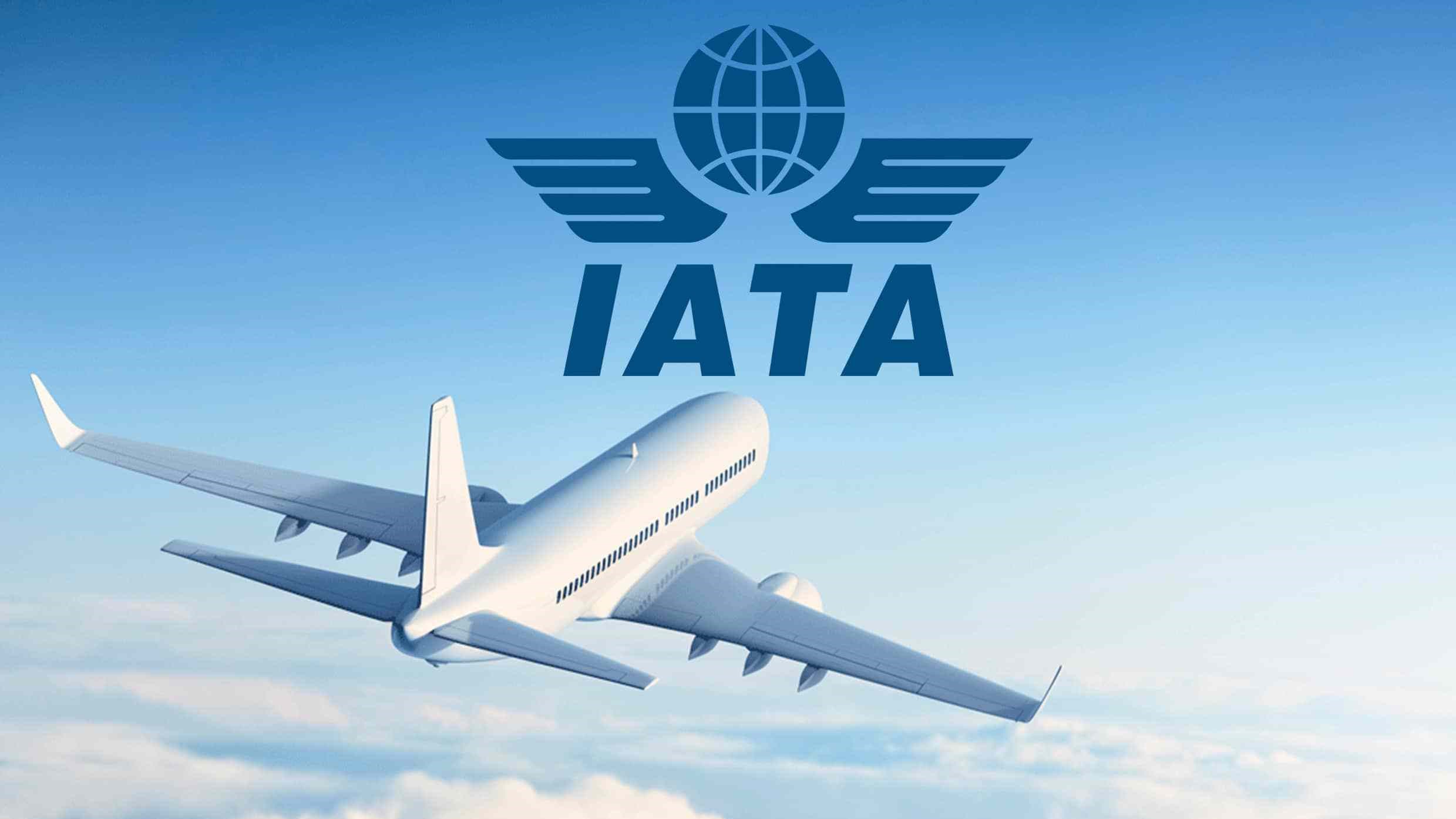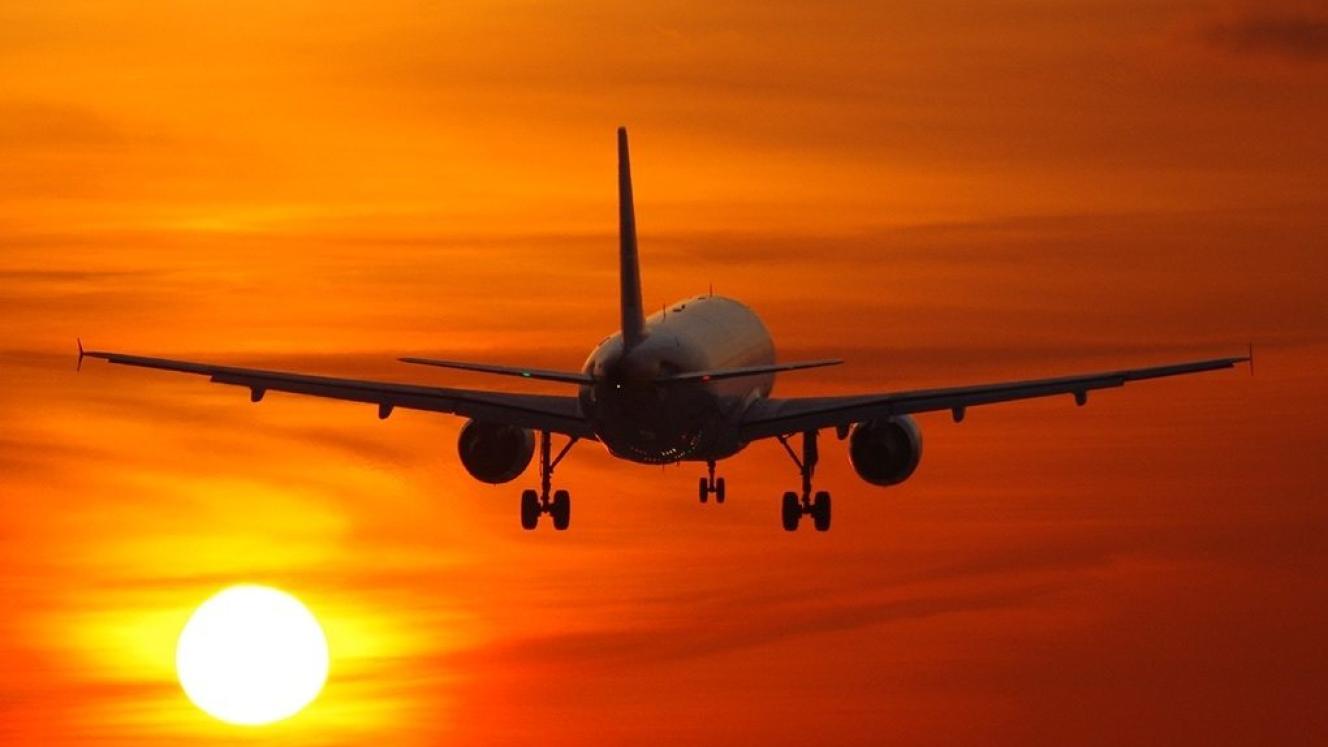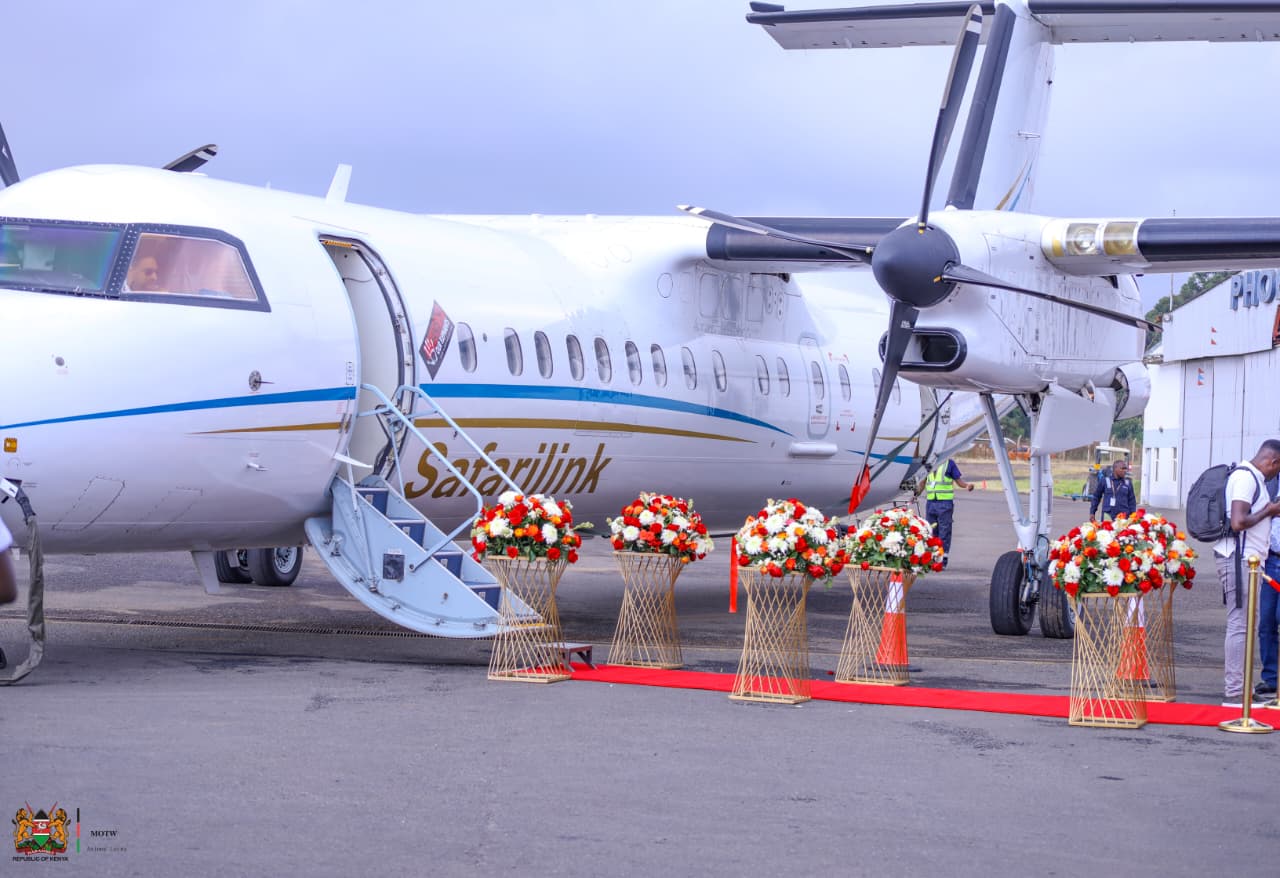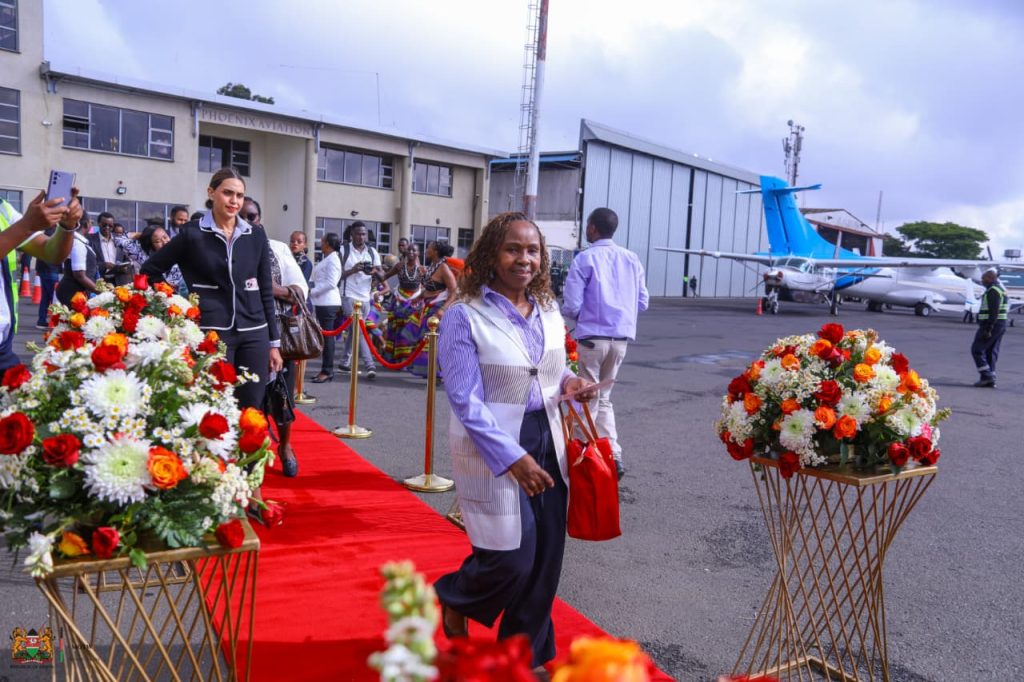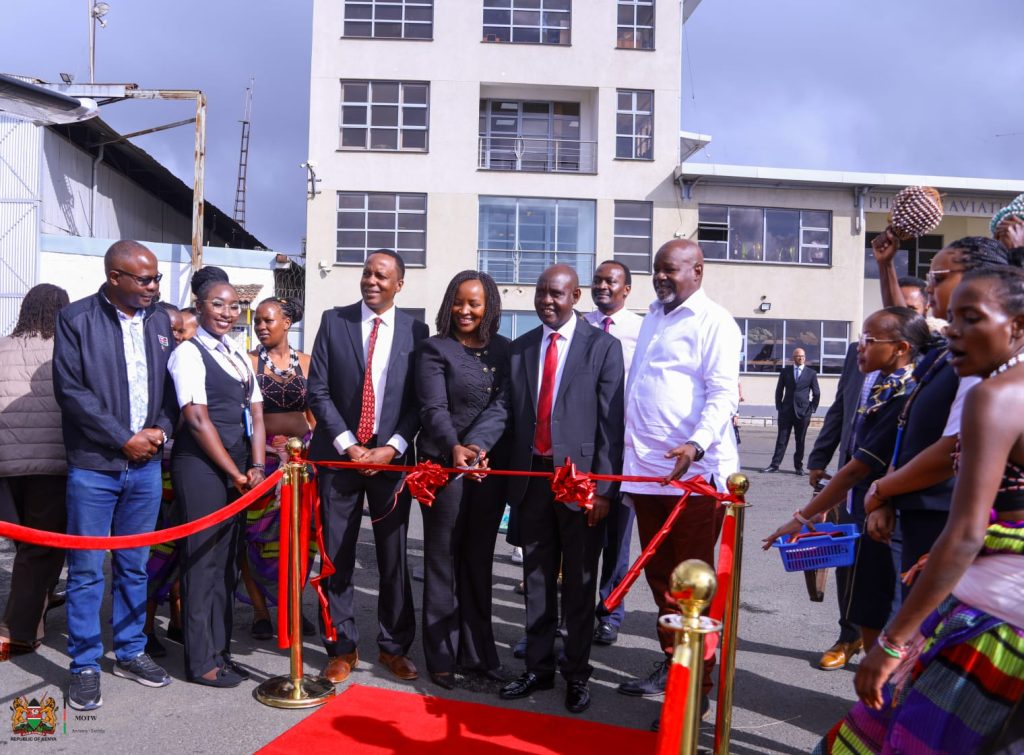Ethiopian Airlines, Africa’s largest and most successful airline, has recently made a bold move by requesting a capital increase from its parent company. This decision marks a significant development in the airline’s long-term strategy as it aims to bolster its fleet, enhance services, and maintain its status as a dominant player in the African aviation market. As the airline continues to expand its operations and navigate the challenges of the global travel industry, this request could have important implications for travelers and the aviation landscape in Africa.
Ethiopian Airlines’ Request for Capital Increase: An Overview
- Ethiopian Airlines, which is owned by the Ethiopian government, has requested a capital increase from its parent to facilitate the expansion and modernization of its fleet.
- The airline has consistently demonstrated impressive growth in recent years, even in the face of global economic disruptions caused by the pandemic. The airline’s resilience has been marked by its ability to adapt to the ever-evolving aviation landscape.
- Ethiopian Airlines has been a key player in the African aviation industry, offering extensive domestic, regional, and international flights. The capital increase is aimed at supporting the airline’s expansion and ensuring it remains competitive in an increasingly complex market.
Why the Capital Increase Is Necessary
- Fleet Expansion: Ethiopian Airlines has a reputation for maintaining a modern and efficient fleet. With the increasing demand for both domestic and international air travel, the airline plans to use the capital increase to acquire additional aircraft, particularly modern and fuel-efficient planes.
- Service Enhancements: The capital infusion will also help the airline improve its customer service offerings. Enhancements in technology, in-flight services, and passenger experience are expected to follow the increase in capital.
- Global Expansion: Ethiopian Airlines has been making strides in expanding its network, particularly to untapped international markets. The additional capital will help further this goal, enabling the airline to increase its route network and establish a stronger global presence.
- Post-Pandemic Recovery: Like many airlines around the world, Ethiopian Airlines faced significant challenges due to the COVID-19 pandemic. The airline is now focusing on recovery, and the capital increase is intended to assist in rebuilding and preparing for future growth in the aviation industry.
The Advantages of the Capital Increase for Travelers
- More Flight Options: With the capital infusion, Ethiopian Airlines will be able to expand its fleet and routes. This means travelers will have access to more destinations and greater flexibility when planning their trips.
- Improved In-Flight Experience: As part of the investment in fleet modernization and service improvements, passengers can expect to enjoy upgraded aircraft with better amenities and enhanced comfort during their flights.
- Enhanced Connectivity Across Africa: Ethiopian Airlines has long been a major connector between Africa and the rest of the world. With more aircraft and an expanded network, the airline will continue to strengthen its role in connecting African nations to global destinations, benefiting both regional travelers and those flying into the continent.
- Competitive Pricing: As Ethiopian Airlines expands and modernizes, it will be better positioned to compete with other international airlines, which may lead to competitive pricing, offering travelers better value for their money.
The Disadvantages for Travelers
- Initial Delays in Service Expansion: While the capital increase will eventually result in more flight options, travelers may face delays during the transition period as new aircraft are introduced and routes are added. Some changes could take time, leading to temporary inconveniences.
- Potential Increase in Ticket Prices: As the airline expands and invests in new aircraft and services, there could be a slight increase in ticket prices to help offset the costs. Travelers may face slightly higher fares in the short term.
- Disruptions During Fleet Upgrades: Aircraft upgrades and fleet changes may lead to temporary disruptions in flight schedules. While this is common in the airline industry, passengers may experience cancellations or rescheduling of flights as the airline adjusts to its new fleet.
Ethiopian Airlines’ Long-Term Strategy and Market Positioning
- Strengthening Its Market Leadership: By requesting additional capital, Ethiopian Airlines is positioning itself as a market leader in African aviation. The airline is looking to leverage its reputation for operational efficiency and customer service to stay ahead of its competitors in the African and global aviation markets.
- Strategic Partnerships: The capital increase will also provide Ethiopian Airlines with the financial flexibility to establish and deepen strategic partnerships with other international carriers. These partnerships could provide more options for travelers and further expand Ethiopian Airlines’ route network.
- Focus on Sustainability: The airline is also focusing on sustainability, with plans to invest in eco-friendly, fuel-efficient aircraft. This will reduce the environmental impact of the airline’s operations and help improve its long-term profitability.
- Expanding Cargo Operations: Ethiopian Airlines has also been a leader in air cargo transport in Africa. The additional capital will allow the airline to expand its cargo capacity, which could lead to more efficient and cost-effective shipping solutions for both businesses and travelers.
Economic and Industry Impacts
- Boosting the Ethiopian Economy: The request for a capital increase underscores the importance of the aviation sector to Ethiopia’s economy. The growth of Ethiopian Airlines is vital not only for the airline itself but also for the wider economy, particularly in terms of tourism and international trade.
- Improved Regional Connectivity: The expansion of Ethiopian Airlines will likely result in improved connectivity between African countries and the rest of the world. This is particularly important for regional economic integration and for travelers seeking more seamless connections between African nations.
- Competitor Reactions: As Ethiopian Airlines seeks to bolster its fleet and services, competitors in the African and international airline markets may also need to respond with similar expansions or service enhancements to remain competitive. This could lead to a broader shift in the African aviation market as airlines adjust to meet the growing demand for travel and connectivity.
What Travelers Should Know
Ethiopian Airlines’ request for a capital increase is a positive step towards expanding the airline’s services, modernizing its fleet, and maintaining its competitive edge in the global aviation market. While there may be some temporary disruptions and slight increases in ticket prices, the long-term benefits for travelers are clear. The expansion will lead to more flight options, enhanced services, and greater connectivity across Africa and beyond.
For travelers, this is an exciting time to watch Ethiopian Airlines grow and evolve. With its expanded network and improved services, Ethiopian Airlines is set to continue its rise as a leading airline in Africa and a major player on the international stage.
Source: travelandtourworld.com

